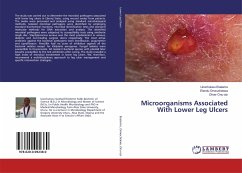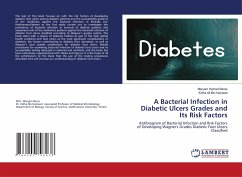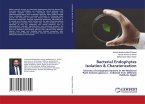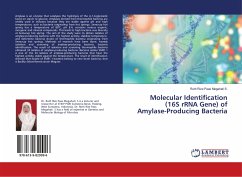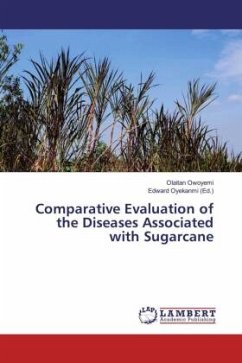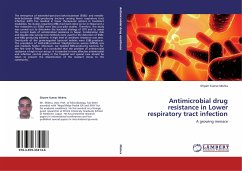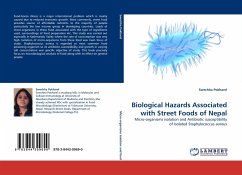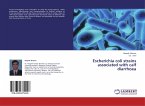The study was carried out to determine the microbial pathogens associated with lower leg ulcers in Ebonyi State, using wound swabs from patients. The swabs were processed and analysed using standard microbiological methods. Isolated microbial pathogens were identified by employing standard biochemical reactions, microbial identification tests and standard molecular methods for DNA extraction and analysis. The identified microbial pathogens were subjected to susceptibility tests using antibiotic single disc. Staphylococcus aureus was the most predominant in venous, diabetic and non-healing surgical ulcers respectively. The most active antibiotic against the bacterial pathogens were levofloxacin, augumentin and ciprofloxacin. Penicillin had no zone of inhibition against all the bacterial isolates except for Klebsiella aerogenes. Fungal isolates were susceptible to Itraconazole. All resistant bacterial species with plasmid later became susceptible to the test antibiotics after curing. The study revealed a high index of microbial involvement in lower leg ulcers. We, therefore, recommend a multidisciplinary approach to leg ulcer management and specific intervention strategies.
Bitte wählen Sie Ihr Anliegen aus.
Rechnungen
Retourenschein anfordern
Bestellstatus
Storno

